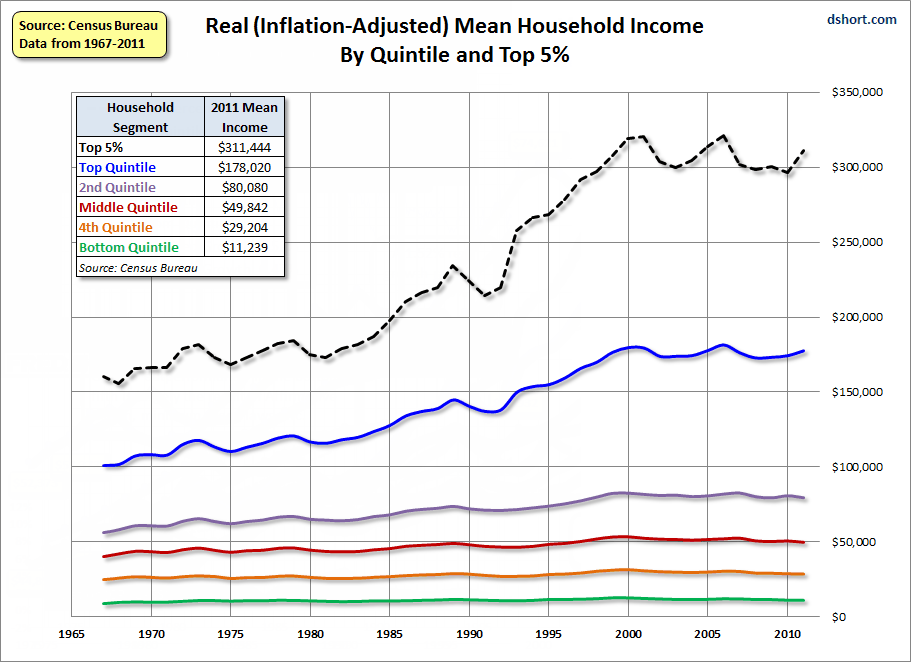- Joined
- Feb 21, 2012
- Messages
- 37,280
- Reaction score
- 10,589
- Location
- US Southwest
- Gender
- Male
- Political Leaning
- Liberal
Ah, single point analysis. That explains a lot.My personal favorite is the Big Mac Index.
How about a billion?
US Daily Index » The Billion Prices Project @ MIT
Unless you are in the top quintile, you ought to be more self interested.I don't have a particular interest group.


